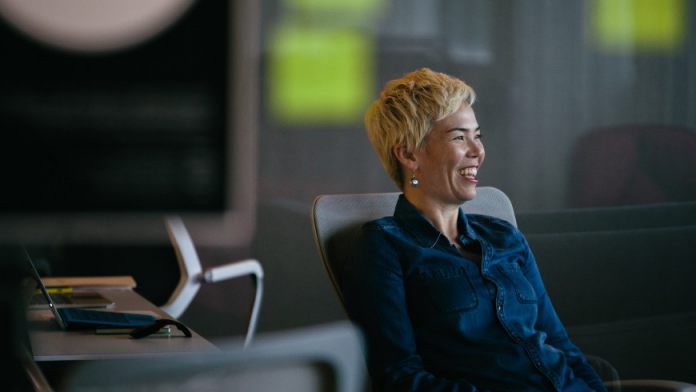She was also instrumental in the design of Cortana, the digital assistant now home to over 200 million devices. Holmes decided that unlike Siri, Microsoft’s digital assistant shouldn’t try to be human. Instead, her behaviors are modeled on real personal assistants, being open and trustworthy, but not exactly a friend. This focus on how humans interact and adapt led to the company’s pioneering “inclusive design”. Holmes believed that by serving the needs of the disabled, they could also create better products for everyone. It’s a concept that has been echoed in many of Microsoft’s projects since, including OneNote Learning Tools, Skype, and Xbox.
Leaving With a Full Heart
Despite her step down from the company, everything seems to be amicable between Holmes and Microsoft. Speaking to Twitter yesterday, she said: “Leaving Microsoft with a full heart, thanks to this wonderful family of talented people. Time to rest, play, and start a new adventure!” Holmes isn’t going directly to a competitor, then, but taking a step back completely. Holmes has her own design company, Kata which “helps leaders build equitable digital experiences”. It’s possible she will pursue that, as well as her interest in filmmaking to inspire the design process. Despite her departure from the company, Holmes’ principles will probably inspire it for years to come. Cortana will continue to grow, as will the focus on consumers as individuals, rather than an inaccurate “average”.




